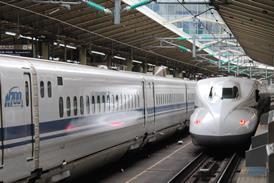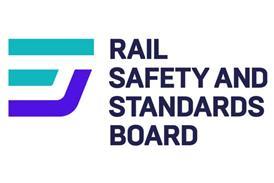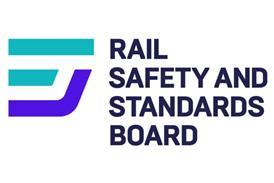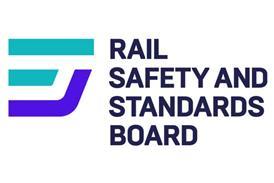
SWITZERLAND: The ‘gradual separation’ of freight activities from the national railway operator has taken a further step, with SBB Cargo AG being managed as an independent company within the SBB Group since the start of the year. This is intended to pave the way for the introduction of third-party participation in the freight business.
SBB announced last year that it was looking for outside partners to take a minority financial stake in SBB Cargo AG. It reported on January 18 that market soundings had attracted interest from various parties, both domestic and international. These offers are currently being examined and negotiations are underway with a view to final decisions being taken during the course of 2019.
Undertaken within the 1999 legislation which established SBB Cargo AG as a ‘private law’ joint stock corporation, unbundling the business as an independent group company is intended to allow the minority investors to play a more active role in shaping the future direction of rail freight operations. SBB Cargo International remains 75% owned by SBB Cargo AG and 25% by intermodal operator Hupac.
Following the separation, SBB Cargo AG has its own board of directors, and its CEO no longer sits on the SBB Group management team. A ‘renewal’ of the board is envisaged as part of the ‘opening up’ of the company, with recruitment underway for an external director to be appointed in the next few months. A new Chairman is to be named once the external partner(s) have joined the business.
Nevertheless, SBB says the freight business will continue to work closely with the Group leadership on all matters relating to freight transport, including service agreements with the federal government, network and timetable planning, and the SmartRail 4.0 next-generation traffic management project.
SBB says the reforms are intended ‘to further increase the competitiveness of SBB Cargo AG’, and enable greater multi-modal integration with other partners. This would allow the operator to continue providing its customers with high quality services while making the business more competitive.
An ongoing restructuring and development programme has enabled the freight business to significantly improve its commercial performance following a ‘financial setback’ in 2017. SBB Cargo AG reported a 1·7% increase in revenue during 2018 compared with the previous year, which allowed it to finish the year in profit, two years ahead of the original target in the restructuring plan. With public support finishing this year, the objective is to be able to support sustainable investment by 2023.
Noting that wagonload traffic declined by a further 2·4% last year and ‘remains under increasing pressure’, SBB Cargo says it is currently discussing service options with its customers, but insists that ‘there will be no surprises’.




















